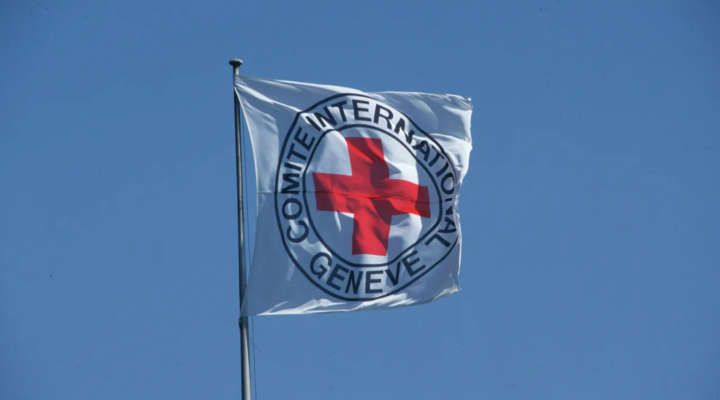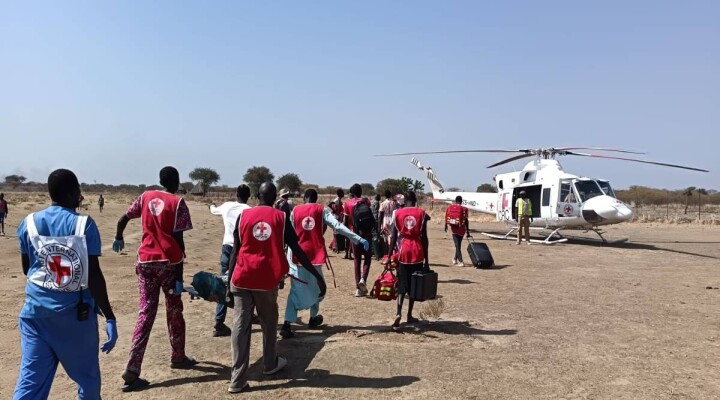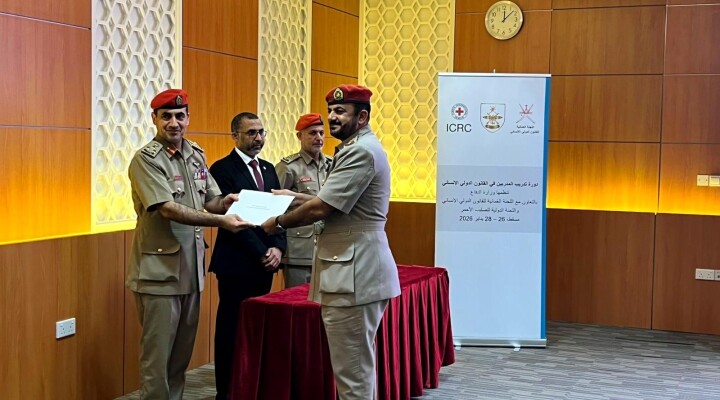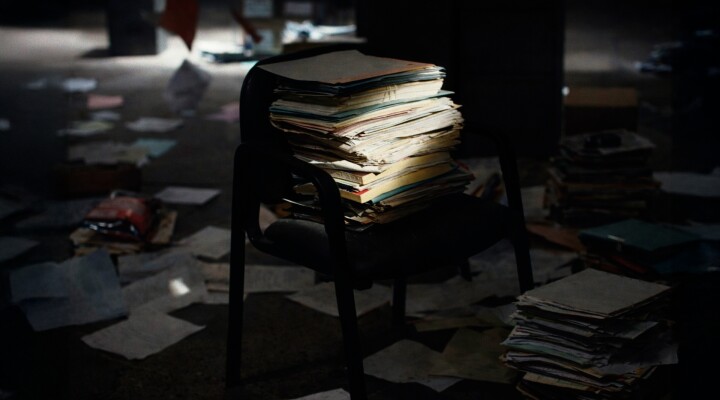Civilians paying the price for lack of humanitarian access across Africa
Some 26 million people live in areas in Africa where humanitarian groups have difficulty reaching people most in need, where access to basic services like medical care is extremely limited due to violence and armed conflict, according to a new estimate from the International Committee of the Red Cross (ICRC).
Awa Sawadogo in Burkina Faso went through her pregnancy without being able to see a doctor: “There was a health centre but it was attacked and all the health workers left. We didn’t have access to health services after that. The health centre personnel didn’t want to come back, even though they were greatly needed. The health centre had run out of medicines, and the area was so unsafe, we couldn’t even get there.”
Without functioning public services, communities are forced to take risks and travel greater distances to get help. Medical assistance or access to agricultural tools and seeds can be far away or simply not available at all.
ICRC’s Patrick Youssef states: "When humanitarian organizations are unable to get unfiltered access to those suffering, civilians start paying the price. They start starving, not having access to water, losing their dignity. Our ask is simply: to preserve the humanitarian space; that organizations like ours who act with impartiality and independence, be able to get access to those suffering in silence and make sure that everyone has an equal chance to get the food and the water.”
The ICRC urges all parties to a conflict to allow and facilitate rapid and unimpeded passage of humanitarian relief for civilians in need, which is impartial in character and conducted without any adverse distinction, subject to their right of control.
The ICRC calls on all actors to respect international humanitarian law and other applicable norms, in particular by respecting and protecting humanitarian workers, civilian populations and their infrastructure, such as homes, schools and health centers.
Communities that have limited access to aid can be found across the continent. The ICRC estimates that some 16.8 million are in the Sahel and Lake Chad region, while 5.5 million are in eastern Africa and 1.5 million are in central Africa, with smaller pockets found elsewhere.
SHOTLIST
Length: 04:40
Copyright: ICRC access all
On Screen Credit: ICRC written or logo attached to story
00:00:00,000 --> 00:00:13 Various shots of combatants, Mali
00:00:13,--> 00:00:18 SOUNDBITE, Awa Sawadogo, Burkina Faso (in Mooré language)
“There was a health centre in Sikri,
00:00:18, --> 00:00:22,
but it was attacked and all the health workers left.
00:00:23, --> 00:00:28,
We didn’t have access to health services after that. I was pregnant but couldn’t get any antenatal care.
00:00:29, --> 00:00:34,
The health centre personnel didn’t want to come back, even though they were greatly needed. The health centre had run out of medicines, and the area was so unsafe we couldn’t even get there.
00:00:34,--> 00:00:44, Various shots Kaya, Burkina Faso
00:00:44,--> 00:00:51, SOUNDBITE, Patrick Youssef, Director of Africa Region, ICRC
(in English)
"When humanitarian organizations are unable to get unfiltered access to act on behalf of those suffering
00:00:51, --> 00:00:55,
they get to a space where civilians start paying the price.
00:00:55, --> 00:01:08,
They start starving, they start not having access to water, losing their dignity and that is only piling up on the fragilities that they would get because of those situations that they live in.
00:01:08, --> 00:01:26,
Hence the need for local organizations like the Red Cross and Red Crescent organizations but also international experts coming from organizations like The ICRC who need to get access, to have an impartial, neutral space to act on behalf of those.
00:01:26, --> 00:01:48, Various shots, IDP camp in Kaga Bandoro, Central Africa Republic
00:01:48,--> 00:01:56, Various shots, IHL dissemination in Central Africa Republic
00:01:56, --> 00:02:08, Night shots from inside an ambulance in Somalia.
00:02:08, --> 00:02:22, Various shots IHL dissemination session in the Democratic Republic of Congo
00:02:22, --> 00:02:39, SOUNDBITE, Patrick Youssef, Director of Africa Region, ICRC
(in English)
“Our main ask is to be able to have a dialogue already on the question of the humanitarian space. Our ask is simply to preserve the humanitarian space; the space that organizations like ours who act in full faith and neutrality with impartiality and independence,
00:02:39, --> 00:02:49,
to be able to get access to those suffering in silence unfortunately, those who don't have any means to voice their concerns to voice their pain and suffering
00:02:49, --> 00:03:03,
and our ask is to simply act on behalf of humanity on the basic principles that unite us today as humans and make sure that everyone has an equal chance to get the food and the water they deserve.”
00:03:03, --> 00:03:19 Various shots, IHL dissemination in Central Africa Republic
00:03:19, --> 00:03:28, IHL dissemination session in Mali
00:03:28, --> 00:03:41, Various shots plane landing in remote location in Central Africa Republic
00:03:41,--> 00:03:49, ICRC vehicle moving though flooded village in South Sudan
00:03:49,379 --> 00:04:07,780 Various shots, convoy of trucks traveling through Cameroon
00:04:07, --> 00:04:17, SOUNDBITE, Patrick Youssef, Director of Africa Region, ICRC
(in English)
“It's equally imperative for the communities themselves to have access to essential services with or without international organizations or, local organizations.
00:04:17, --> 00:04:40,
“Hence the need for armed and weapon bearers, to allow these people to get access to water to food but also to health services in the hospitals in the clinics in the orthopeadic centres that are available and if not, to allow them to cross the front lines, to get that service because that us the essential of bringing back so dignity to those who are suffering.”
Ends
For further information, please contact:
Halimatou Amadou (French), ICRC Dakar, Tel.: +211 78 186 46 87, hamadou@icrc.org
Alyona Synenko (English), ICRC Nairobi, Tel.: +254 716 987 265, asynenko@icrc.org



